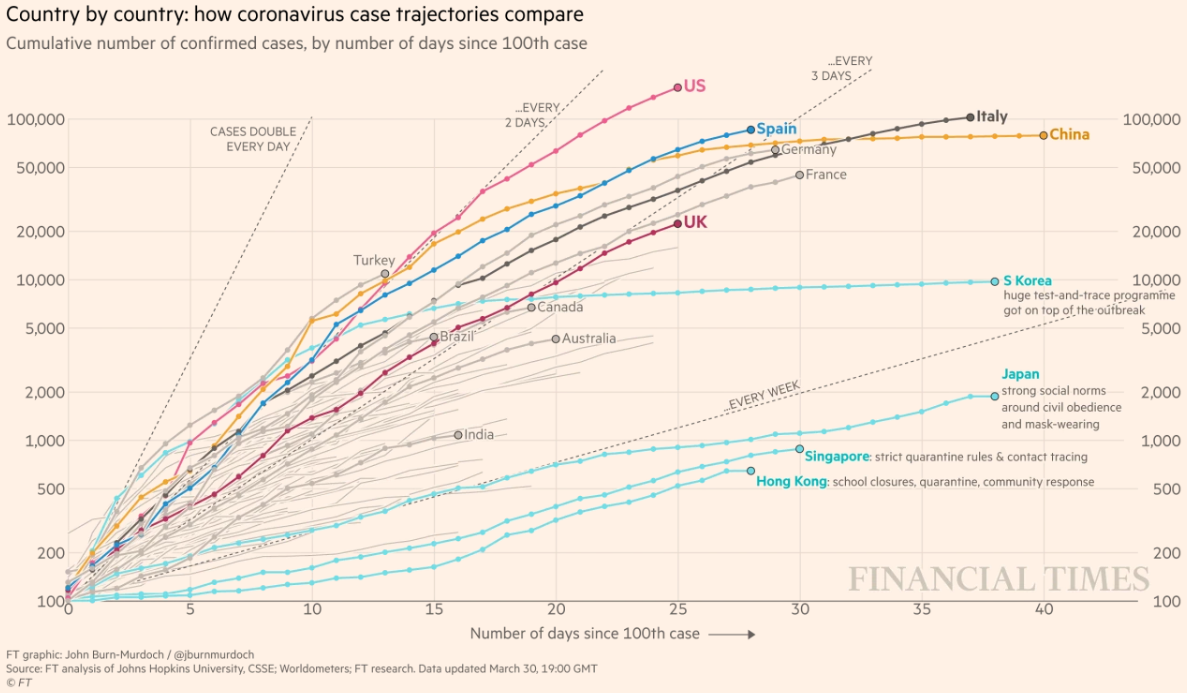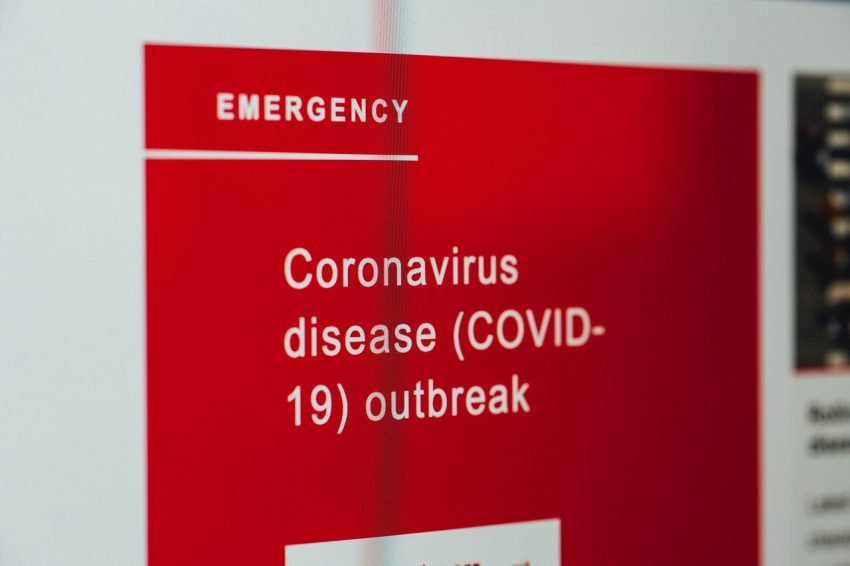Yes, these are unprecedented times. Yes, we are in unchartered territory. Yes, we will bounce back from COVID-19 but make no mistake, this will be a protracted war. The world will be battling waves of viral outbreaks for at least the next 18-24 months before vaccines can reach effectively the entire global population. What can the aviation industry do now and in the coming months to restore our air transport network?
[blockquote text=”An aviation industry that takes ownership and responsibility in pre-arrival screening will significantly reduce the burden on public health resources” text_color=”#004361″ show_quote_icon=”yes”][vc_separator type=’transparent’ position=’center’ color=” thickness=’5′ up=” down=”]
People movement across states/countries has been dissuaded or completely banned. Airlines worldwide are forced to suspend flights with some ceasing services completely. In an unprecedented move, the European Commission (EC) has suspended the Slot Use Rules until June 2020. The aviation industry has survived through challenging times before, but never has it faced such extreme conditions since the beginning of the jet-age.
A staggered global recovery
The industry will bounce back, although, not collectively as in previous downturns. The road to recovery will be staggered, just like the onset of COVID-19, as each country is at a different stage of their local transmission phase compared to others (see Figure 1). This will be especially taxing for the aviation industry because grounded flights will be reinstated in a disjointed pattern. There will not be an immediate industry-wide recovery, but a gradual city-by-city/ state-by-state/ country-by-country revival. Can airlines survive with such fragmented demand in the mean time?

New rules for slot allocation?
While It is conceivable that air travel restrictions will be progressively lifted between states/countries that have the domestic outbreak under control, it will not be without strict measures to prevent importation of COVID-19 leading to a 2nd, 3rd or subsequent wave of infection.
The speed of restrictions lifting is still anyone’s guess, but it will inevitably be dependent on the confidence of the public health authorities in each destination state/country – that passengers from the departing states/countries will not pose higher risks of COVID-19 transmissions than locally. Will this be the ‘new pre-requisite’ expected of commercial airlines in future slot allocations in Europe and worldwide?
The role of commercial airlines and airports
Traditionally, the burden of disease and pandemic control at airports rest on the shoulders of public health authorities through arrival screenings. Can a change of mindset by airlines and airports convince the public health authorities that air travel restrictions can be eased, at least in our own individual states/countries, if our aircrafts and airports are as effective at screening passengers as medical facilities?
Instead of relying on the conventional arrival screening, airlines and airports can establish stringent high-quality Pre-Arrival Screening (PAS): consisting of pre-departure, departure and in-flight screenings. For details, see my proposed streamline approach to pandemic control for the aviation industry in my Journal of Air Transportation article (Section 5) at https://doi.org/10.1016/j.jairtraman.2015.02.003.
An aviation industry that takes ownership and responsibility in Pre-Arrival Screening (PAS) will significantly reduce the burden on public health resources – the very main objective of country lock down – and will be crucial in convincing public health authorities (and also the travelling public) that air travel restrictions will be unnecessary.
Pre-arrival screening – The new norm
From a few cities at the beginning, thereafter expanding to several countries, this can potentially become the new norm for aviation, where airlines and airports, ensure that their passengers have been adequately screened for highly contagious communicable diseases (respiratory diseases like influenza, common cold, SARS etc.).
Fresh from painful memories, people, government and public health authorities will no longer see air transport movement as straightforward as before. Depending on the local and global epidemic situations at the destination, screened passengers with particular diseases (or symptoms) will either be prevented from flying, isolated in-flight, quarantined post-flight or highlighted for potential contact tracing.
Welcome to the new norm for aviation.
About To70. To70 is one of the world’s leading aviation consultancies, founded in the Netherlands with offices in Europe, Australia, Asia, and Latin America. To70 believes that society’s growing demand for transport and mobility can be met in a safe, efficient, environmentally friendly and economically viable manner. To achieve this, policy and business decisions have to be based on objective information. With our diverse team of specialists and generalists to70 provides pragmatic solutions and expert advice, based on high-quality data-driven analyses. For more information, please refer to www.to70.com.


Thank you for sharing! It’s a very interesting concept!
This actually reminds me of the APIS that is becoming a norm in recent years. I wonder if these two concepts can potentially collaborate in times of pandemic control.
Thanks for leaving an equally interesting concept!
The pre-departure Advance Passenger Information System (APIS) is indeed running a similar concept of pre-departure security screening between airlines and government authorities (e.g. anti-terrorism departments). While alike, the main differences with PAS are:
1. One-time security screening vs multiple health screening from pre-departure, departure to in-flight;
2. APIS data transferred are already on passengers’ passports vs externally obtained passengers bio-data (e.g. body temperature, recent health histories etc.) – individual privacy consent required;
Nevertheless, the APIS was first mandated by the US govt after the last significant aviation crisis – 9/11; it will not be inconceivable that the PAS approach be implemented by them or another large country after this global COVID-19 pandemic situation is under better control.